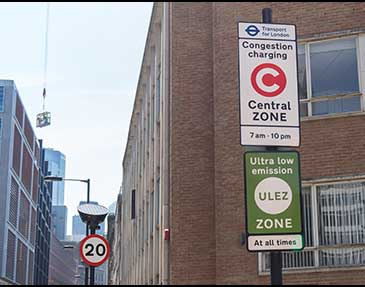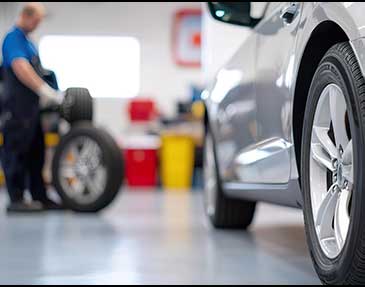An essential guide to renting a car during the festive season
An essential guide to renting a car during the festive season
Christmas is a time for getting together with loved ones and enjoying the festivities, but this time of year often takes lots of planning and preparation. When it comes to getting from A to B and travelling to see family and friends, don’t leave things to the last minute.
Relying on public transport can prove a nuisance at the best of times, let alone during the busy Christmas period. If you don’t own a car or have access to one that’s suitable, then why not consider hiring one instead?
Car hire for the Christmas holidays could be the ideal option – and a very practical Christmas present too! In this article, we discuss the reasons why many people choose to rent a car during the festive season by outlining its many advantages. Read on to find out more…
Can you hire a car during Christmas?
The short answer to this question is yes, you absolutely can hire a car during the Christmas period. In fact, here at J.D. Robertson & Co. Ltd we welcome returning customers year after year who rely on our rental cars, MPVs, and vans during the festive season.
Reasons to hire a car for the Christmas holidays
So, why do people choose to hire a car during the Christmas holidays? Well, there are a number of reasons for this. Below we list six of the most common ones that may give you some inspiration for why a rental car might just prove a great option for you:
Reason 1 – Travel home for the holidays
If you need transport to travel home to visit family, hiring a car can give you the flexibility to make the journey on your own schedule – without having to rely on public transport!
Reason 2 – Accommodate house guests
Christmas is a time for giving, so a hire car may not necessarily be just for you to drive. If you have friends or family staying with you over the holidays, having an extra vehicle can help transport more people and make getting around a lot easier.
Reason 3 – Christmas shopping trips
Make light work of Christmas shopping with an ample-sized hire car. SUV and MPV models can provide all the space needed for gifts and shopping bags in the run-up to the big day. Why not keep hold of your rental vehicle until the New Year and make the most of the January sales too!
Reason 4 – Festive day trips
If you have a large family or are hosting friends, a hire car can prove handy for festive activities like visiting Christmas markets. Whatever days out you’ve got planned, don’t leave the travelling to chance.
Reason 5 – Avoid the crowds
It can get very busy and crowded on public transport the closer it gets to Christmas. Bus, train, or plane delays and cancellations can be especially stressful during the festive period when you have exciting plans in place – having a hire car can make for a stress-free holiday and time away.
Reason 6- Visit relatives in remote places
The UK may be a relatively small place but it can sure feel like a chore to travel when friends and family are located in more rural and remote areas of the country. Not all villages are easily accessible by public transport, so renting a car may be your only option in some cases.
For fast, efficient and affordable Vehicle hire, contact J.D.Robertson & Co.Ltd on 01206 572368.
















